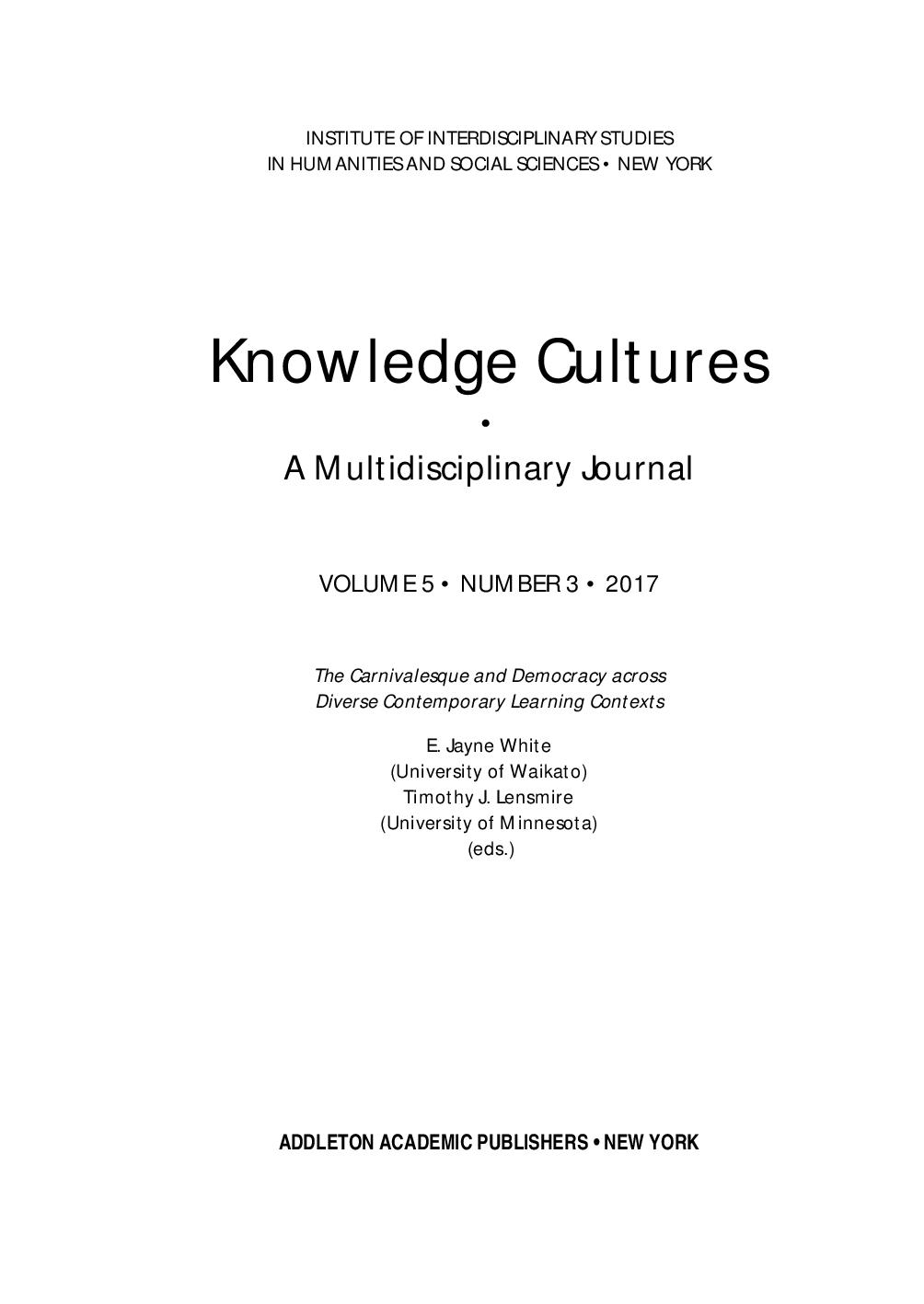PRESCHOOL DISCOURSE INTERACTIONS: PLAYFUL MEANING MAKING FROM A CARNIVAL LENS
PRESCHOOL DISCOURSE INTERACTIONS: PLAYFUL MEANING MAKING FROM A CARNIVAL LENS
Author(s): Lynn E. CohenSubject(s): Preschool education, School education, Sociology of Culture, Sociology of Politics
Published by: Addleton Academic Publishers
Keywords: Bakhtin; carnival; preschool; pretend play; double voicing; democracy;
Summary/Abstract: In this study, I argue that preschool play bridged the gap between authoritative and internally persuasive discourses, similar to Bakhtin’s description of the mockery of hierarchical order during the carnival festivals. Carnival misalliances and disciplinarian actions, roles, and speech styles between adults and children were reversed in playful role playing. I also argue that pretend play teaches children to be free with an identity, voice, and a role within a democratic social world. Play is a vital part of children’s lives and of the society into which they are growing. Children at play relate with their peers in a reciprocal social situation that contributes to their social growth by developing a better understanding of self. An interpretive approach, drawing on Mikhail Bakhtin’s ideas of carnival, especially developed in Problems of Dostoyevsky’s Poetics (1984a) and Rabelais and his World (1984b) was used to compare Bakhtin’s scholarship with pretend play. Bakhtin’s ideas of carnival actions and carnivalesque discourse were summoned in an exploration of children exploring their identities and negotiating their relationship in an adult world. Data from a US preschool classroom were used to illustrate the similarities between Bakhtin’s carnival and pretend play. Play episodes and utterances were micro-analyzed for evidence of preschoolers’ use language to resist authority and parody adult roles and behaviors.
Journal: Knowledge Cultures
- Issue Year: 5/2017
- Issue No: 03
- Page Range: 60-70
- Page Count: 11
- Language: English
- Content File-PDF

